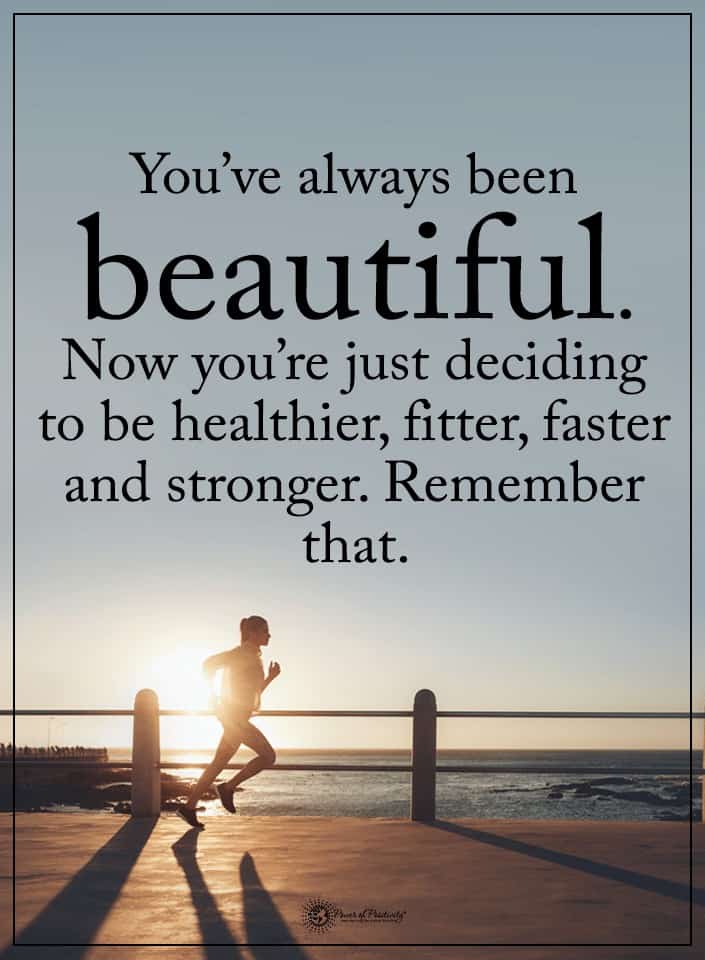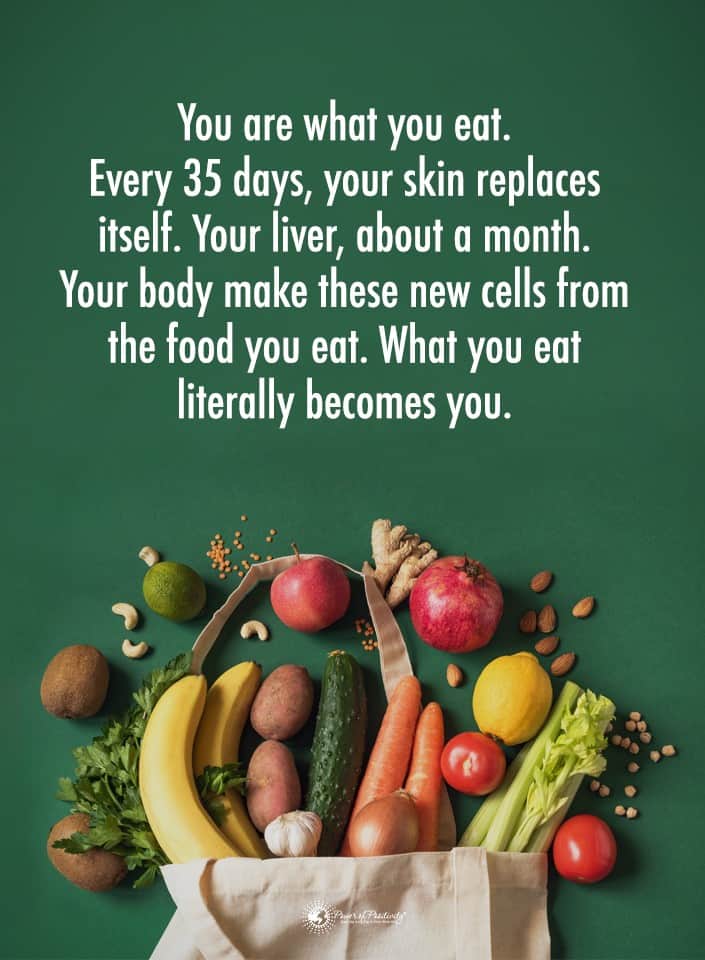While the vegan diet has become more popular recently, many plant-based eaters don’t get enough nutrients. Vegans commonly exhibit B12, iron, omega-3, calcium, zinc, and protein deficiencies. That’s because some nutrients in fruits, vegetables, grains, and other plants aren’t as easy to absorb as those in meat and dairy. Still, the vegan diet offers plenty of benefits, such as positively impacting the environment, reducing the risk of heart attack, and alleviating animal cruelty.
With more people becoming interested in a plant-based diet, it’s essential to understand what foods to consume for proper nutrition. Some people decide to eat animal products again after trying out a plant-based diet simply because they didn’t do enough research beforehand. However, it’s important to note that certain people don’t feel well on a vegan diet due to genetics, even if they eat whole foods and take supplements. But others tend to thrive on this diet, so we’ll share a few essential nutrients you’ll want to consume for a balanced intake.
The Importance of Getting Sufficient Nutrients in Any Diet
It’s vital to ensure you have the proper nutrient intake when following a vegan diet. If you eat too many processed foods and not enough whole, fresh foods, your energy will suffer, and you may become nutrient deficient. Your dietary choices can contribute to disease or wellness, so it’s crucial to pick foods that feed your body, mind, and soul.
Vegan sources of essential vitamins and minerals include fruits, vegetables, nuts, seeds, grains, and healthy fats. The health implications of not eating a well-rounded diet are dire, as studies have shown it can lead to nervous, skeletal, and immune system dysfunction. In addition, it’s well-documented that poorly planned vegetarian diets adversely affect mental health.
Here Are Some Nutrients Vegetarians May Lack
Below are the possible deficiencies and what vegans and vegetarians can do to offset them:
#1: Vitamin B12
Vitamin B12, or cobalamin, occurs naturally in animal foods but not in plants. However, many vegans choose to take B12 supplements or eat fortified foods such as nutritional yeast, fortified foods, mushrooms, and algae. B12 is crucial in neurological function, blood and brain cell health, and mood. Vegans should ensure they consume enough of this critical nutrient to maintain optimal health.
#2: Iron
Another essential nutrient that many vegans lack is iron since it’s not absorbed as well in plant-based foods. Vegans actually require more plant-based iron than their meat-eating counterparts since non-heme iron isn’t as bioavailable. Unfortunately, too many plant eaters suffer from low hemoglobin and iron absorption, making them more susceptible to anemia. Vegans can optimize this nutrient in their diet by eating more beans, lentils, quinoa, tofu, and dark chocolate.
#3: Omega-3 Fatty Acids
Omega-3 fatty acids are crucial for brain health, helping to boost cognition, memory, learning, and blood flow. It’s so critical to cognitive functioning that doctors have noticed brain cells rich in Omega-3 communicate more effectively with each other. However, vegans are notoriously lacking in this nutrient, especially regarding eicosapentaenoic acid (EPA) and docosahexaenoic acid (DHA). That’s because plant-based sources of omega-3 don’t convert α-linolenic acid (ALA) to these other fatty acids as efficiently. It’s recommended that vegans take algae oil regularly to get adequate Omega-3s.
#4: Calcium
Also, it’s important to consume enough calcium for brain health and mineral density. Fortunately, vegans can find this critical nutrient in dairy alternatives like almond or soy milk, kale, lentils, beans, and certain nuts. Vegans should be careful to eat enough calcium to avoid osteoporosis and potentially heart failure.
#5: Vitamin D
While most people are probably deficient in sunshine in the modern world, vegans are especially vulnerable to this nutrient deficiency. That’s because most foods that contain Vitamin D are animal-based, such as fatty fish, fish oils, egg yolks, and cheese. Sun exposure can certainly boost levels of Vitamin D, but many people can’t get outside enough to reap the benefits. But getting enough of this nutrient is critical for proper immune function and mood regulation. Quality vegan supplements are available online or at any local health store.
#6: Iodine
Iodine is crucial for thyroid function and metabolism. But vegans are often mindful of healthy life changes, including mindfulness about salt intake. Thus, they are sorely lacking in this nutrient far too often. However, they can find it in sea vegetables like algae, kelp, and seaweed; also, seaweed contains an amino acid called tyrosine which boosts thyroid production.
#7: Zinc
Finally, vegans often lack zinc in their diets, causing an imbalanced immune system and poor wound healing, among other maladies. Zinc is also critical for protein synthesis, which helps with muscle and cell growth. However, vegan sources of zinc, such as nuts, seeds, and whole grains often have low bioavailability due to a compound called phytate. This compound causes gut dysbiosis, leading to depression, anxiety, and skin problems. But, vegans can boost their intake of this nutrient by taking supplements and soaking legumes before consuming them, as this can increase their bioavailability.
Tips for a Nutrient-Rich Vegan Diet
To ensure vegans get a comprehensive food intake, consuming diverse foods and practicing dietary tracking is crucial. Meal planning can also help because it eliminates guesswork when formulating meals since you’ll have everything measured out. Plant-based eaters should also eat plenty of fortified foods and take supplements to boost their intake.
Final Thoughts on Ensuring Nutrient Intake on a Vegan Diet
For those on a vegan diet, paying close attention to zinc, omega-3s, iron, iodine, calcium, Vitamin D, and Vitamin B12 intake is essential. Optimizing health on a plant-based diet is only possible with the proper foresight and knowledge. Going into a vegan diet unprepared can lead to nutrient deficiencies that can cause serious long-term consequences. Therefore, anyone on a plant-based diet should ensure they eat a diverse diet full of whole, fresh foods and take the necessary supplements. Vegans may also consider consulting a dietician or nutritionist to ensure they eat enough of the right foods.

















 Community
Community

